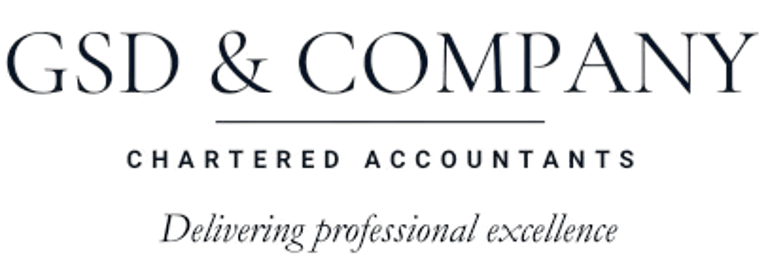Unveiling the Significance of Cost Optimization
Practical Steps for Success
12/5/20232 min read


In the dynamic business landscape, mastering the art of cost optimization is paramount. Organizations, big and small, are navigating a challenging terrain where financial prudence can be the key differentiator. Let's delve into the intricacies of cost optimization, uncovering its importance, and exploring practical steps to achieve success.
Understanding the Core: Cost Optimization Importance
Why Cost Optimization Matters
Cost optimization isn't merely a financial strategy; it's a business imperative. By strategically managing expenses, companies can enhance profitability, improve competitiveness, and fortify their financial health. It's a proactive approach to ensure sustainable growth in an ever-evolving market.
Impact on Bottom Line
The direct correlation between cost optimization and the bottom line cannot be overstated. When resources are utilized efficiently, it directly translates into increased profits. Every dollar saved through optimization contributes directly to the organization's financial strength and resilience.
Practical Steps for Effective Cost Optimization
1. Conduct Comprehensive Audits
Initiate the cost optimization journey by conducting thorough audits across departments. Identify areas of excess and inefficiency, ensuring no stone is left unturned. This audit-driven approach lays the foundation for targeted cost-cutting measures.
2. Embrace Technology Wisely
In the digital age, leveraging technology is non-negotiable. Invest in state-of-the-art tools and systems that automate processes, eliminate redundancies, and enhance overall operational efficiency. Technology isn't an expense; it's an investment in long-term cost savings.
3. Supplier Relationship Management
Establishing robust relationships with suppliers is a strategic move. Negotiate favorable terms, explore bulk purchase options, and consistently evaluate alternative vendors. A well-managed supplier network can be a powerful ally in cost optimization.
4. Employee Training and Development
Investing in the skill development of your workforce pays dividends. A highly skilled and motivated team is not only more productive but also adept at finding innovative ways to streamline processes and reduce costs.
5. Energy Efficiency Initiatives
Implementing energy-efficient practices not only aligns with sustainability goals but also contributes significantly to cost reduction. Simple measures like switching to LED lighting or optimizing equipment usage can result in substantial savings.
Unlocking Success Through Cost Optimization
Cost optimization isn't a one-time effort; it's an ongoing commitment to operational excellence. By prioritizing efficiency, embracing technology, and fostering a culture of fiscal responsibility, organizations position themselves for sustained success in today's competitive business landscape.


